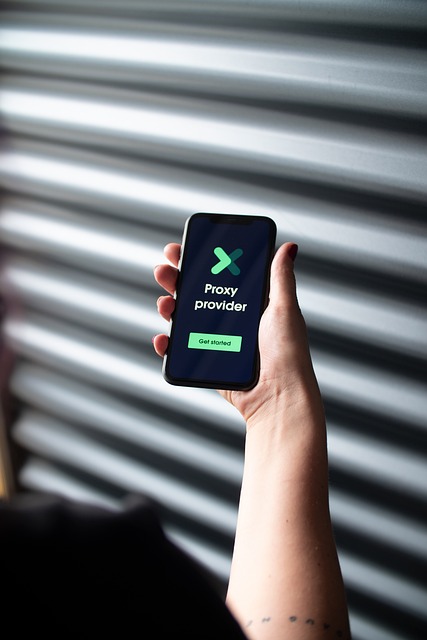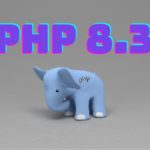Web scraping is a powerful method to extract data from websites for market insights, price monitoring, and more. Proxies are essential for web scraping, protecting your identity and preventing blocks by routing requests through different IP addresses. In this article, we will explore best practices for web scraping with proxies.
What is a scraping proxy?
A scraping proxy is an intermediary server designed to facilitate web scraping. It acts between your computer and the target website, transmitting your requests anonymously. When you scrape via a proxy, the target site sees the requests as coming from the proxy, not from you, which masks your IP address and location.
Why use a proxy for web scraping?
The proxy masks your IP address and location, which is useful in several scenarios for various reasons, including:
- Avoiding IP address blocking: Anti-bot technologies ban IP addresses to block automated bot requests. Proxies rotate IP addresses per request, preventing permanent or temporary blocks.
- Ensuring your privacy: Hiding your IP address, location, and other information is crucial for safeguarding your IP reputation and maintaining anonymity during scraping.
- Bypassing geographical restrictions: Some websites restrict access based on user location or modify content accordingly (like Netflix, for example). Using a proxy in a specific country allows you to bypass these restrictions and access the target site from a country other than your own.
In summary, using proxies is essential for web scraping.
Choosing the right proxies
There are different types of proxies for web scraping, each with its own advantages and disadvantages.
- Datacenter proxies are created from servers in data centers, providing non-residential IP addresses. They are well-suited for bandwidth-intensive scraping tasks, often available as shared or dedicated options.
Benefits include high performance and cost-effectiveness. However, they are easily detectable and prone to blocking by anti-scraping measures. - Residential proxies use IP addresses registered by ISPs and sourced from real residential devices like personal computers and smartphones. They are generally more reliable for avoiding detection and maintaining consistent access to websites. They enable legitimate residential connections for web scraping, appearing as authentic user requests from specific regions. For more on ISP proxies, check out what are ISP proxies here. Effective for bypassing IP-based anti-scraping measures, they ensure high success rates and anonymity. Commonly used for ad verification and accessing geo-restricted content, they offer legitimate residential IPs worldwide for targeted data scraping.
Advantages include legitimacy, global IP availability, and IP rotation.
However, they are generally more expensive than datacenter proxies and slower due to reliance on less reliable end-user connections. If budget is a concern, you can explore deals through sites like ProxyCoupons, which offer discounts on major proxy providers to help reduce long-term scraping costs. - Mobile proxies provide IP addresses from mobile devices connected to 3G, 4G, and 5G cellular networks, ensuring the highest legitimacy for routing requests via mobile connections. Ideal for managing social media platforms like Facebook, Twitter, and Instagram, they reduce blocks and verification requests with real mobile IPs.
Advantages include high legitimacy, effective site access on mobile platforms, and usefulness for mobile testing.
However, they are generally more expensive than other proxies and slower due to reliance on mobile networks.

Best practices for effective web scraping
Best practices for effective web scraping involve rotating proxies to avoid detection. When thousands of requests come from the same IP, discretion becomes difficult.
Careful management of request rates and concurrency, along with the ability to handle CAPTCHAs and other anti-scraping mechanisms, is crucial.
It’s also essential to adhere to website terms of service and consider ethical considerations to ensure responsible and sustainable scraping practices. Bombarding a site with requests should be avoided, as scraping can sometimes be perceived as data theft. When scraping personal data of individuals, compliance with regulations is paramount.
Conclusion
In conclusion, effective web scraping requires careful management of proxies, request rates, and adherence to ethical and legal rules of websites.











Leave a Reply